Environmental sustainability and resilience featured research
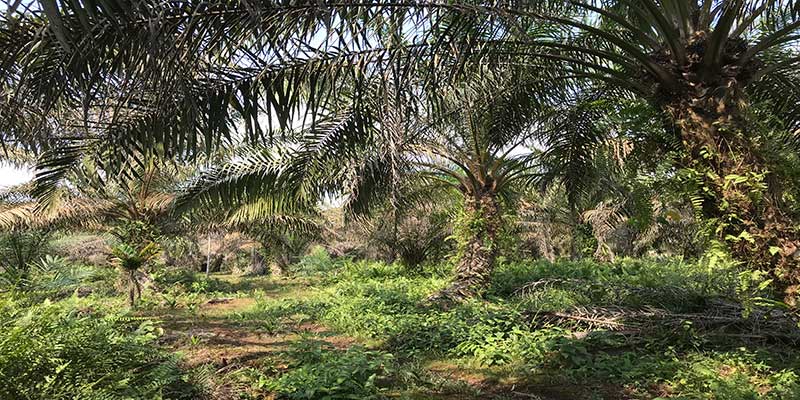
Researchers are working to improve the sustainability policies for protecting rainforest in oil palm landscapes. This research is helping to conserve biodiversity and reduce carbon emissions across large parts of the tropics.
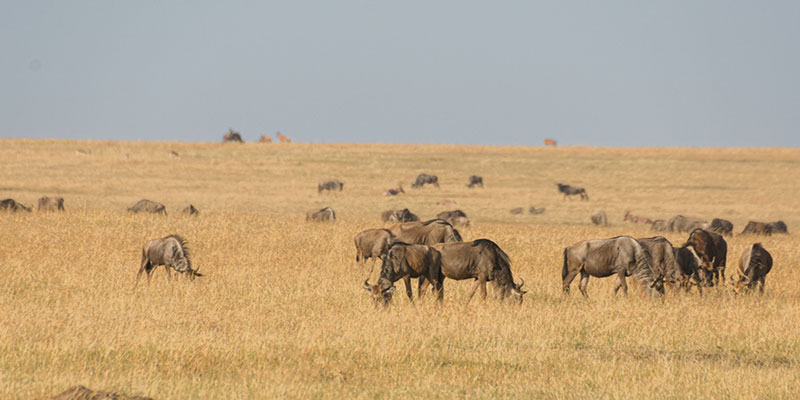
Researchers are working to improve the ways biodiversity is protected in Africa. This will tackle the global biodiversity crisis, protecting natural areas for people and nature.
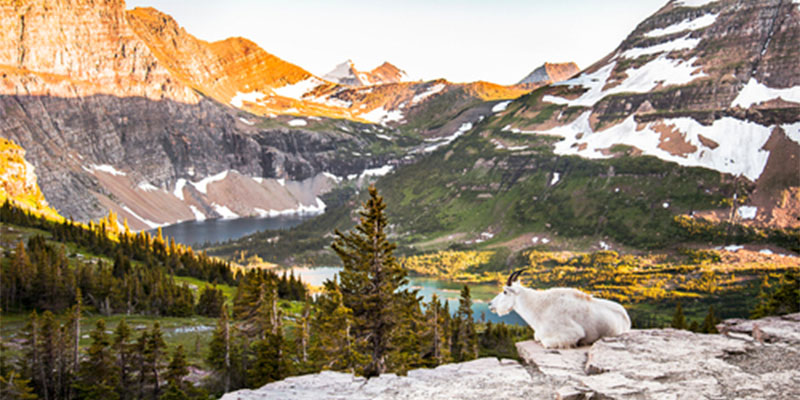
Researchers at York have identified the impact of climate change on biodiversity, how species might be at risk of extinction, and they have developed approaches to enable species to adjust to a warmer world.

We have produced innovative tools and data-based insights to improve the management of ecosystems, benefiting these areas and the people and wildlife who inhabit them.
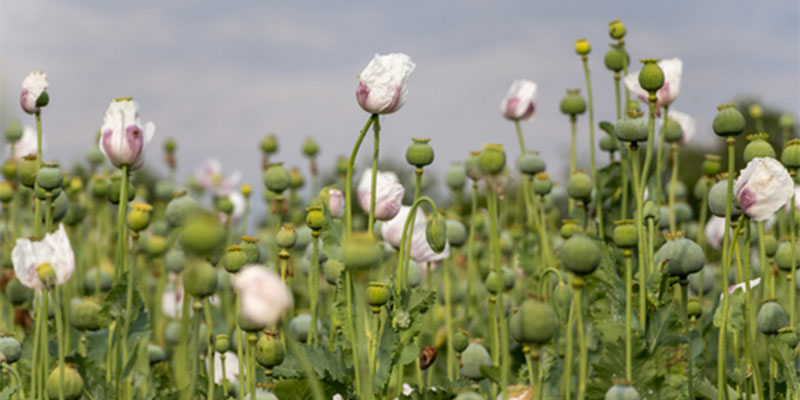
Researchers at York have led the development of a new commercial, high-yielding noscapine poppy variety that has transformed the supply chain for the key ingredient in many cough suppressants.
.jpg)
Our research into the recovery of marine life in a protected area on the west coast of Scotland is just the latest example of our important work at the forefront of worldwide marine conservation and protection.

York scientists are at the centre of an ambitious bid to bring low carbon fusion energy to Yorkshire.

Ditch the diesel car, eat less meat and think twice about that cosy wood burner, advise researchers.

Air pollution exposure is shifting from outdoor to indoor - Nicola and David Carslaw explain why.

Mozambique's drive for fossil fuels is deepening poverty and causing conflict, claim York researchers.

Moorland management is a complex and emotive subject. Our researchers are tackling the issue.

Metal pollution from historic mining appears to be weakening scallop shells in British waters.

Should we swap sheep farms for forests?
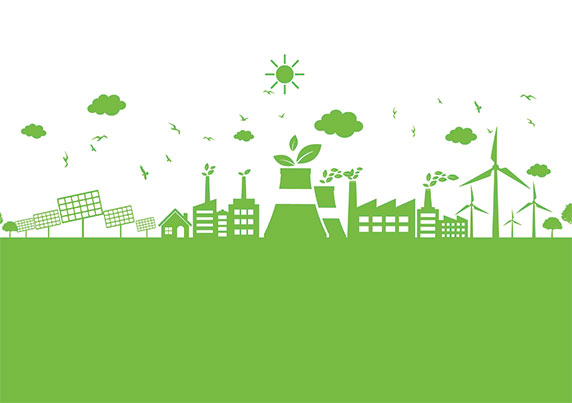
A global partnership involving science, policy and practice for a just future for people and the planet.

Moorland management is a complex and emotive subject. Our researchers are tackling the issue.
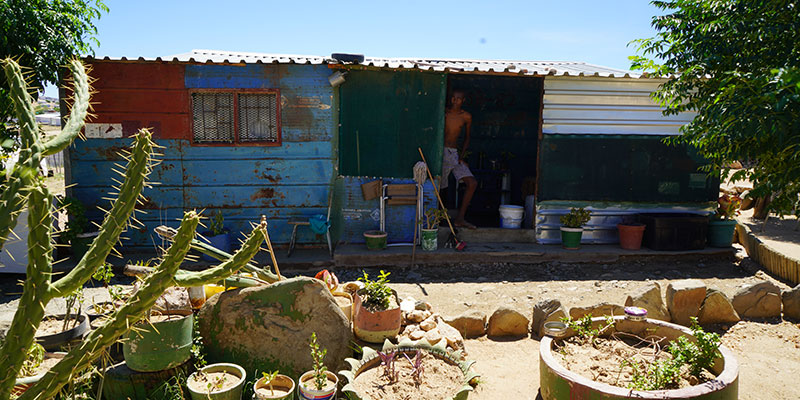
York researchers are helping African informal settlements evaluate their response to covid-19.

York's novel system improves greenhouse gas emissions data

Researchers work to increase the efficiency of a process to convert sewage sludge into green energy.

Researchers use creativity to reduce deadly congestion in East Africa

A close look at York's local rivers reveals some interesting findings

Despite the ravages of climate change, nature may offer a refuge to wildlife

We're studying ash trees that resist a deadly fungus which threatens to wipe out Britain's ash population

Understanding ancient animal movement in the Western Alps

We highlight the threat to a little-known African habitat

Our research is transforming rubbish from a problem to a resource

Food security is a looming global issue, warn our researchers
 720x330.jpg)
York residents could have a key role in a city-wide environment project

We're exploring the social side of ants

We're drawing a clearer picture of Africa's air quality problems
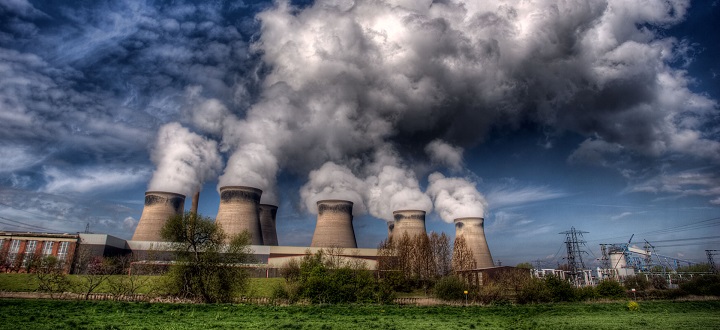
We're capturing carbon with vegetable peelings

Working with Mother Nature to tackle floods

We're working with farmers in Asia to convert rice straw into biofuel

Our scientists combine ancient history and computer modelling to predict coastal flood risk

Russian and Soviet attitudes to the environment have been misunderstood, say our experts

Fire could be the answer for Africa's fragile savannahs

Study shows species most at risk from England’s rising temperatures.

Grass developed by our biologists could lead the fight against soil contamination

Study shows parasitic plants can boost the diversity of surrounding wildlife.

Our studies could shape the future of fishing on the Firth of Clyde

How the Chinese could improve the quality of the air they breathe

The case for reintroducing a big cat to the British countryside

Older female killer whales use 'environmental knowledge' to lead their families to food

British butterflies heading north to escape climate change need stable populations to survive.

Our research is helping local industries convert plants into high value products.

York's scientists are playing a role in the quest to harness the fundamental power source of our Sun.

We’re using genetics to develop more resilient crops.

One of our research teams is mining food waste for valuable chemicals.

Research by our award-winning academic is benefiting wildlife in two very diverse environments.

Fish stocks are under pressure from healthy eating guidelines.

Earth's ozone layer is in recovery says an international study involving one of our scientists.

Drugs in the water system could be the reason for starlings decline.

We're collaborating to find ways to convert woody plant material into biofuel.
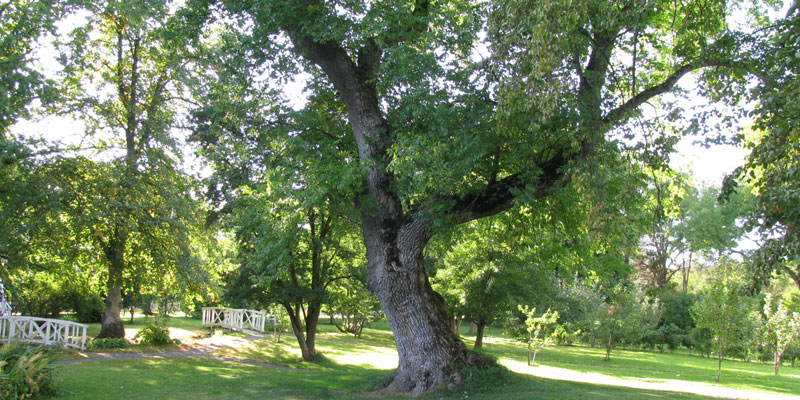
Researchers at York led a pioneering study which opens up a new front in the battle against a disease affecting ash trees across Europe.

What motivates employees to make environmentally-positive choices in the workplace? We found many different drivers, which interventions to encourage positive behaviour need to take carefully into account.

Mathematical models developed by our researchers have improved understanding of the dynamics of marine ecosystems on an international scale.

York research has informed the Montreal Protocol on Substances that Deplete the Ozone Layer - an influential international treaty designed to protect the ozone layer.
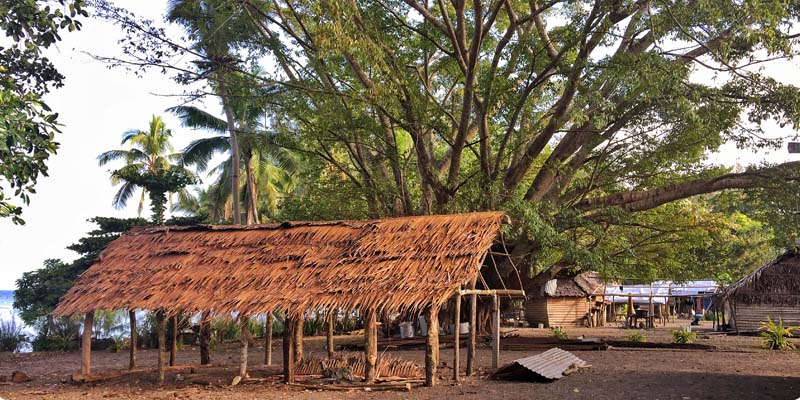
Researchers are working with residents on the remote South Pacific islands of Vanuatu to co-develop technology which will warn them when water supplies are unsafe to drink.

York research into air pollutants has shaped government policy and helped to improve air quality in our cities.
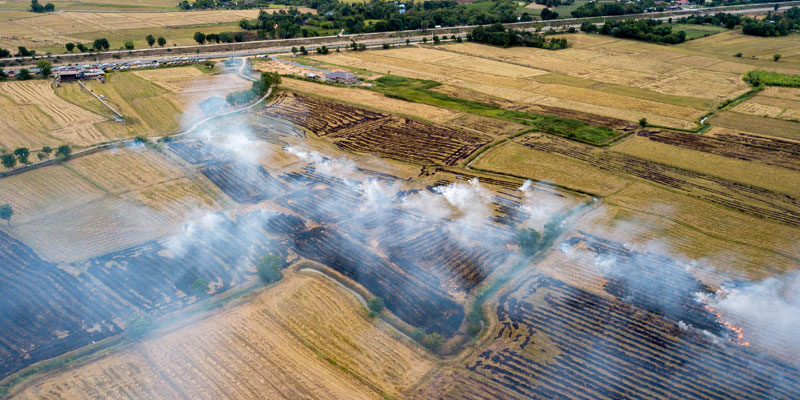
We are developing risk assessment methods to measure the impact of ground level ozone on ecosystems to inform European atmospheric emission reduction strategies.
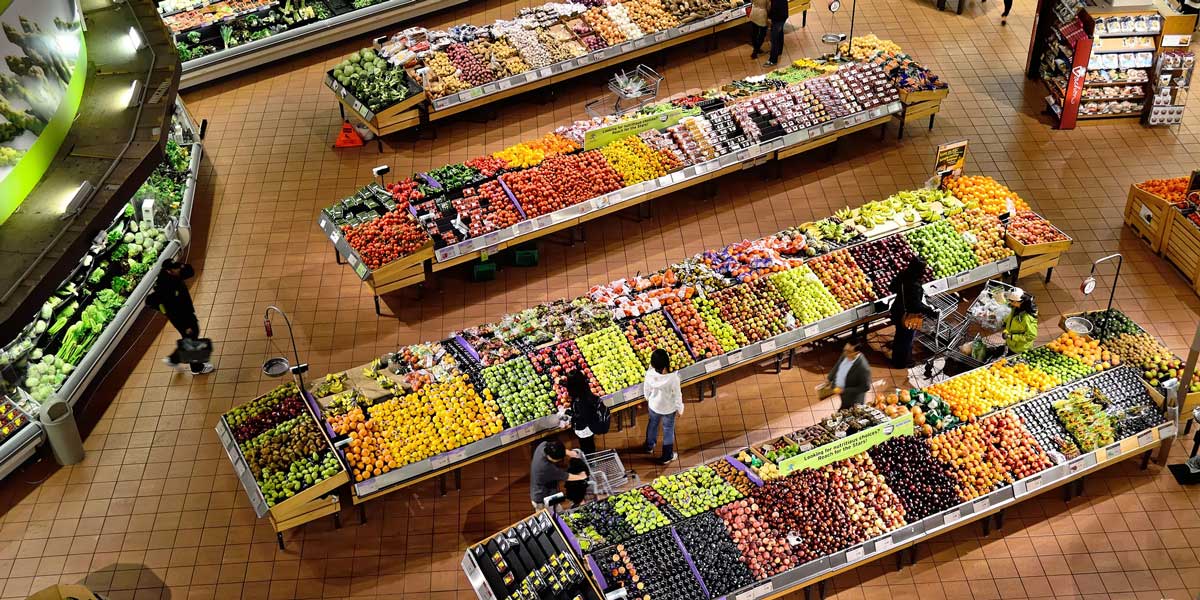
Systems of food production, trade and consumption are increasingly vulnerable. Political, economic and ecological shocks, climate change, new farming practices and shifts in consumer behaviour can all affect our ability to put food on the table.
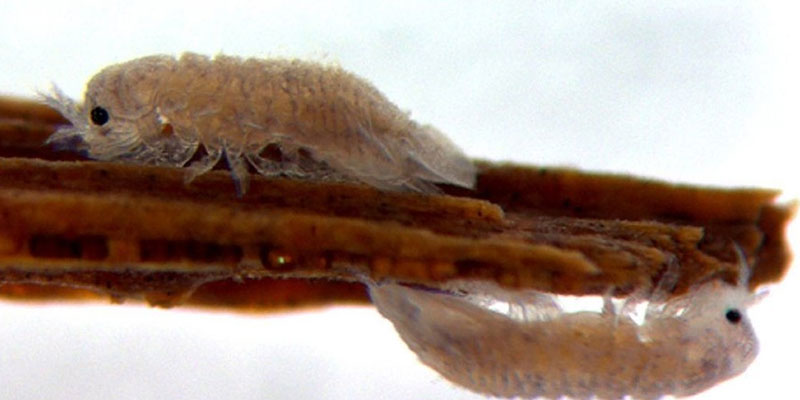
Our research into the digestive system of the gribble - a curious crustacean and the only animal known to have a sterile digestive system - may hold the key to sustainably converting wood into biofuel.

Experts disagree on how to account for the cost of climate change. By surveying different views, Professor Mark Freeman and a group of researchers have identified social discount rates that many can agree on.

Researchers at the University of York are working with organisations and governments around the world to help them better understand air pollutants and reduce their emissions.
